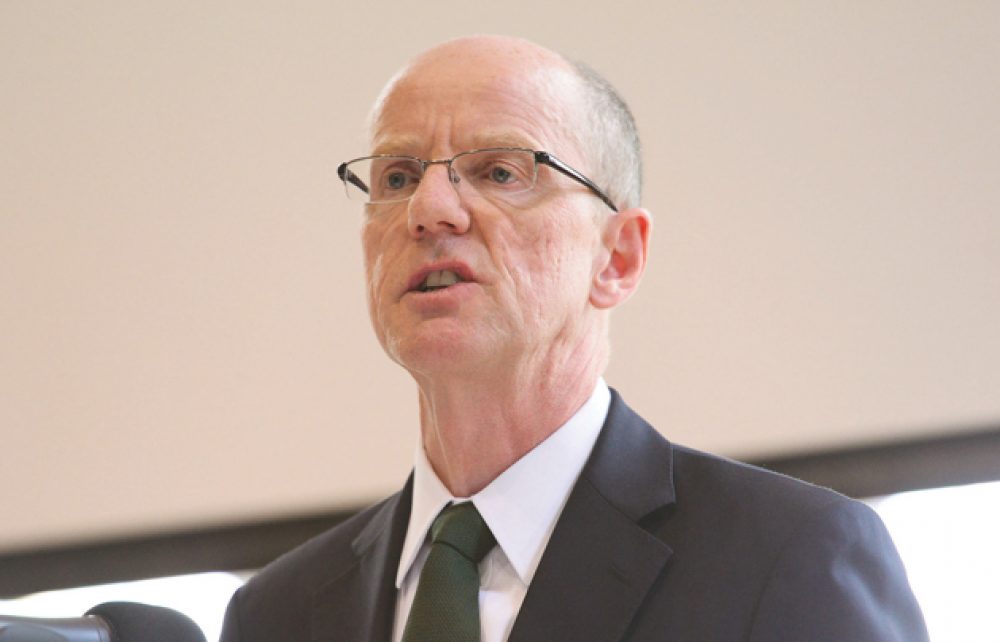School reform minister Nick Gibb has rebuffed claims from an exam chief that new GCSEs changes will put more strain on an education system already showing cracks from a “whirlwind of reform”.
Mark Dawe, chief executive of exam board OCR, said making the GCSE pass rate harder will have “significant repercussions”.
Schools Week revealed last week grades that once achieved a pass will no longer count for up to a fifth of pupils under the new grading system.
Mr Dawe said this will create a “hospital pass” for schools struggling to meet accountability measures and mean more resits in a system already under “tremendous strain”.
But Mr Gibb, writing exclusively for Schools Week, said: “The new GCSEs will be challenging. But schools are in an excellent position to deliver qualifications that at last will prepare students to succeed in a demanding economy.”
He said: “Before 2010 those running our education system had false confidence that standards were rising, when the truth was that our qualifications were becoming devalued and were failing to prepare students to succeed in a demanding economy.”
The changes may not be the triumph of social justice for which the Department for Education hopes.
Citing Ofqual research that shows current GCSEs are easier than their equivalents in many high-performing countries, he added: “We are doing young people a disservice if we award them qualifications that do not reflect the high expectations of employers.
“We were not prepared to accept this status quo. We introduced linear examinations, ended resits of individual units, and strengthened individual subjects by, for example, increasing the requirement for accuracy of spelling, punctuation and grammar.
“In developing the content for the new GCSEs, we have consulted widely with teachers, employers and subject associations. I am confident that the new maths and English GCSEs represent gold standard qualifications for our young people, which will command the respect of employers, colleges and universities.”
But Mr Dawe said the changes “may not be the triumph of social justice for which the Department for Education hopes”.

“It would be wrong to condemn the government for wanting to raise the bar and for aspiring to results that match the best in the world.
“But for young people caught in the middle, and for an education system caught up in a whirlwind of reform, this feels like something that should only be introduced after careful planning and modelling and widespread consultation with schools, colleges and the young people it will affect.”







Your thoughts